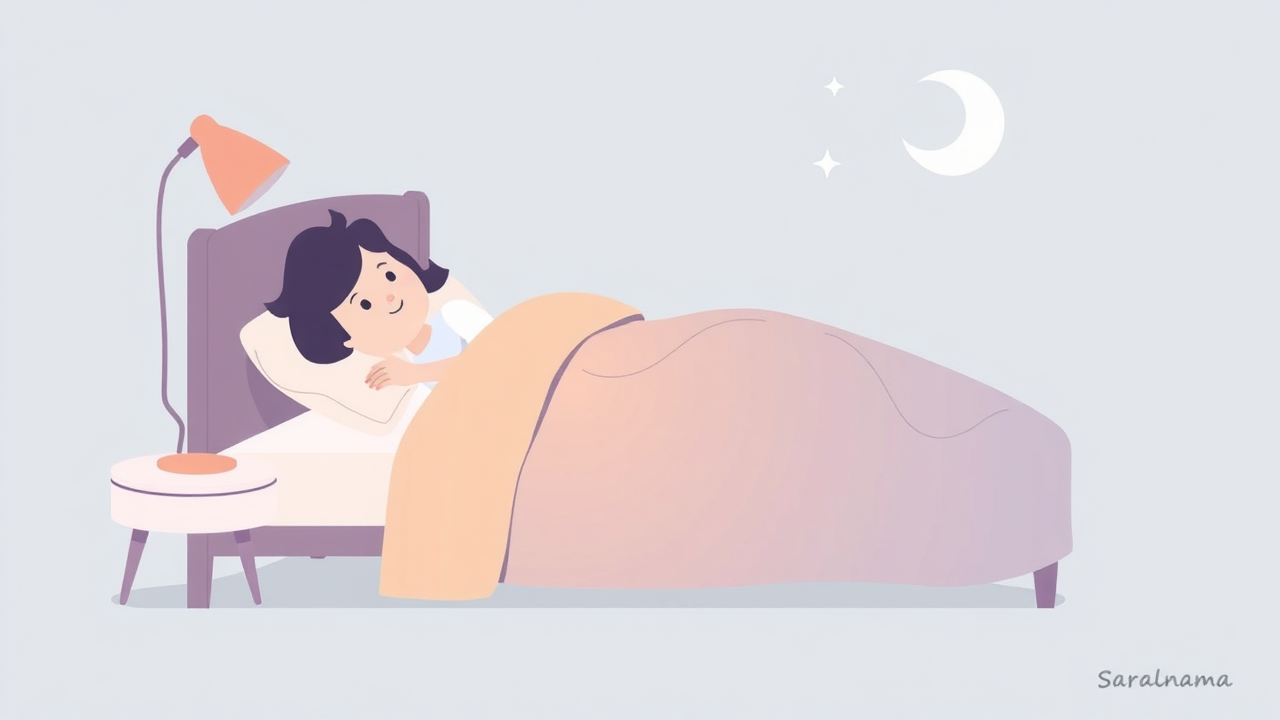Many people struggle to fall back asleep after waking up during the night. The anxiety of trying to sleep can make rest feel even more distant. However, medical experts have shared eight practical strategies to help achieve deep sleep despite nighttime interruptions. These methods range from controlling environmental factors like light and temperature to managing internal processes such as stress and blood sugar levels. Key recommendations include avoiding blue light exposure in the evening, maintaining a consistent sleep schedule, and creating an ideal bedroom environment. Nutritional adjustments, including consuming foods rich in melatonin and magnesium, also play an important role. Additionally, techniques like breathwork and meditation help calm the mind, while keeping feet warm in a cool room supports the body's natural sleep mechanisms. These expert-approved approaches address both physical and mental factors that influence sleep quality.

Eight Expert-Recommended Strategies for Better Sleep
Doctors from Mumbai hospitals suggest starting by eliminating blue light from phones and TVs in the evening, as it suppresses melatonin production. Maintaining a consistent sleep schedule every day helps the brain adapt to predictable patterns. Foods like cherries, almonds, and bananas provide melatonin, magnesium, and tryptophan to support relaxation, while heavy or spicy meals should be avoided before bedtime. Reducing electromagnetic field stress by distancing Wi-Fi routers may improve sleep patterns. Practicing breathwork and meditation reduces anxiety and nervous activity. Managing stress through journaling or gentle movement controls cortisol levels. Finally, keeping the bedroom around 18°C while wearing warm socks helps regulate body temperature, signaling the brain that it is time to sleep.
Source: Link
